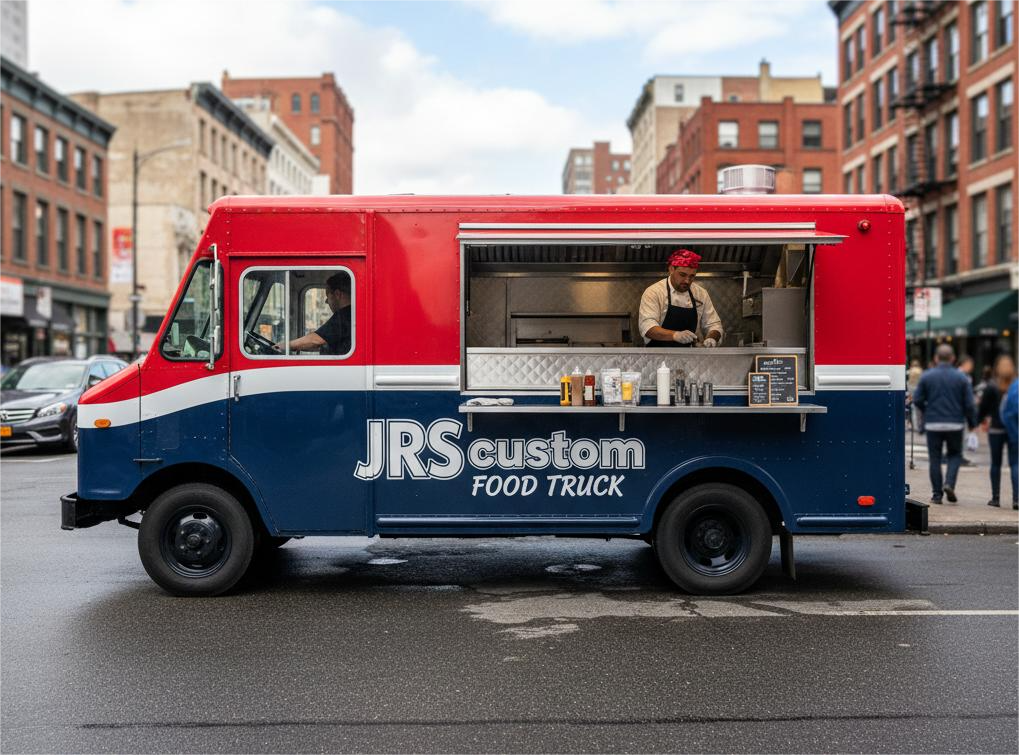
Starting your first food truck is exciting, but running one successfully involves more than serving great food. One responsibility that often gets overlooked is how to manage food waste. Between prep scraps, spoiled ingredients, and uneaten servings, waste can build up fast inside a compact mobile kitchen.
At JRS Custom Food Trucks & Trailers, we design builds that go beyond aesthetics. Each layout supports efficiency, sanitation, and sustainability – three factors that directly affect profitability and reputation.
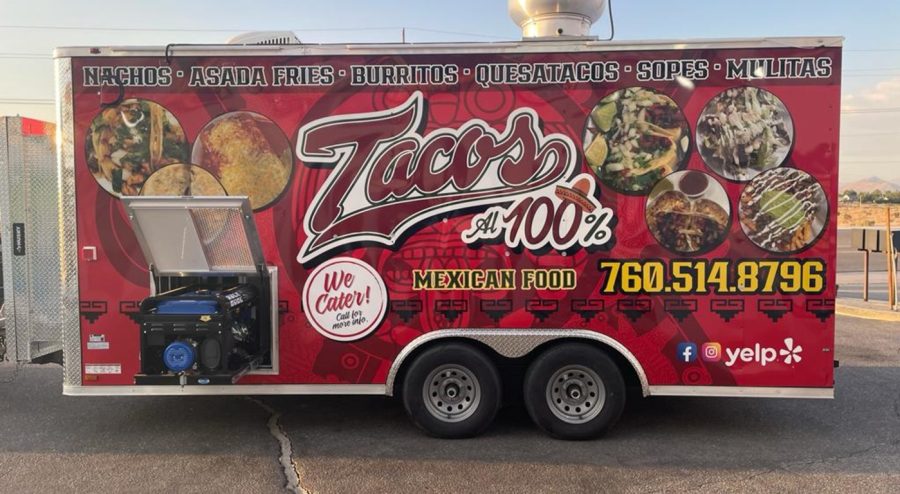
Why Food Waste Management Matters
The USDA estimates that 30 to 40 percent of all food in the U.S. goes uneaten. For a food truck with limited storage, every pound wasted is money lost.
Poor waste handling can:
- Increase operating costs through excess purchasing and disposal fees
- Create odors or attract pests
- Harm your reputation with eco-conscious customers
Smart handling and composting can:
- Lower costs through better inventory control
- Strengthen brand image
- Keep organic matter out of landfills
Key takeaway: Managing waste effectively protects both the planet and your profit margin.
Step 1: Plan Your Waste Setup Before You Build
When planning your layout, discuss waste systems early. A functional setup keeps service smooth and compliant.
Include:
- A three-bin system: compost, recycling, landfill
- Sealed, easy-access containers to prevent leaks and odors
- Placement near prep and dish areas
The design team at JRS Custom Food Trucks & Trailers integrates waste systems into each build so you stay organized without losing workspace.
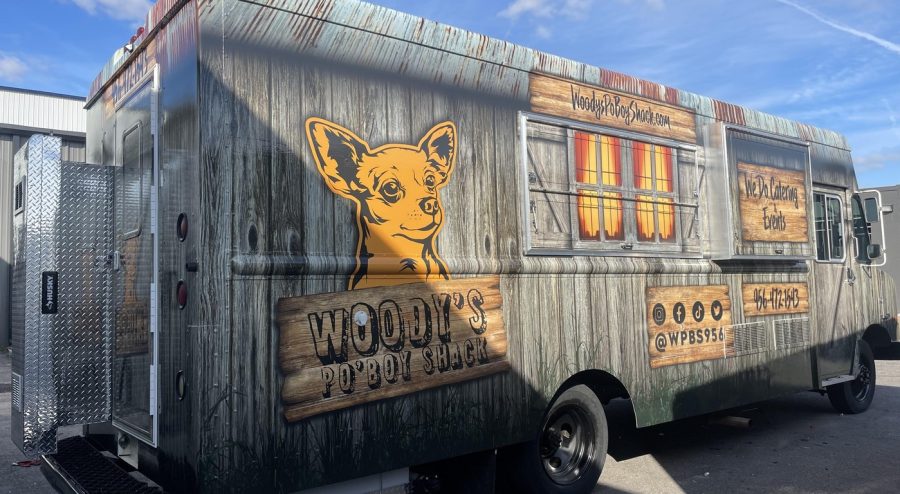
Step 2: Know What Can Be Composted
The EPA reports that composting can divert about 30 percent of waste from landfills. In a food truck, that reduction quickly adds up.
Compostable items:
- Fruit and vegetable scraps
- Coffee grounds and filters
- Eggshells
- Certified compostable packaging and napkins
Do not compost:
- Meat, dairy, or oily foods
- Plastic, glass, or coated paper
Key takeaway: Clear labeling and staff training make correct sorting automatic.
Step 3: Partner with Local Composting or Recycling Programs
Many U.S. cities now offer compost pickup or drop-off. Programs such as CompostNow and Curbside Compost, and municipal options in Austin, Portland, and San Francisco, simplify participation.
When you book events, check if compost or recycling stations are available. Building partnerships ahead of time prevents on-site waste issues.
Key takeaway: Working with local programs reduces stress and shows customers you care about sustainability.
Step 4: Reduce Waste with Smart Menu Planning
The EPA recommends comparing purchasing and inventory to customer ordering and modifying menus to reduce uneaten food, while ReFED’s restaurant guide identifies menu design and inventory practices as core levers to cut waste.
To apply that:
- Cross-use ingredients—use roasted vegetables in both salads and wraps.
- Track sales data to avoid over-buying.
- Offer flexible portion sizes.
From taco trucks to smoothie bars, JRS can design layouts that support efficient prep lines and reduce excess.
Key takeaway: Waste reduction starts with what and how you serve.
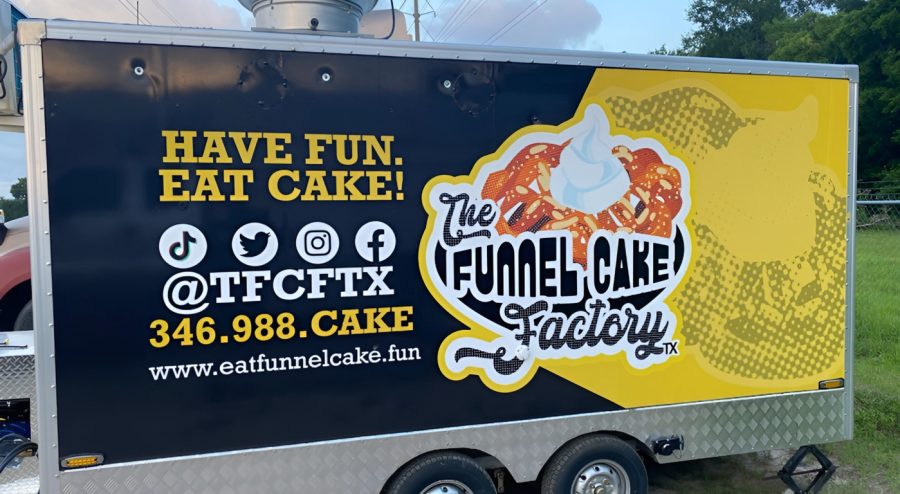
Step 5: Explore Onboard Composting Options
Compact composters such as FoodCycler and Lomi process scraps into soil-like material within hours. While not yet standard, they’re gaining traction among mobile kitchens.
If you want future flexibility, JRS can allocate space for this equipment in your build.
Key takeaway: Planning for sustainability today keeps your business ready for tomorrow’s standards.
Why Work with JRS on Waste Management
Choosing JRS means partnering with a team that understands the technical and operational sides of mobile kitchens.
We offer:
- Custom designs with integrated waste bins and water systems
- Durable materials that resist moisture and odor buildup
- Nationwide expertise in food-safety and health codes
- Service across the U.S. and beyond
Our trucks are built for long-term performance, efficiency, and compliance – all crucial for scaling a mobile business.
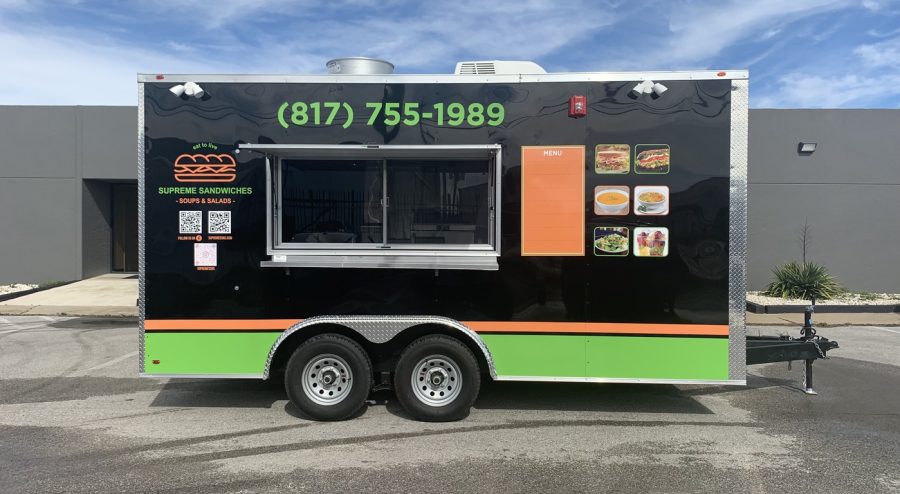
Build a Smarter, Greener Food Truck
Ready to design a truck that performs well and operates responsibly? JRS Custom Food Trucks & Trailers builds efficient, sustainable kitchens that make waste management simple.
Contact us:
Follow JRS for project updates and customer stories:
Facebook | Instagram | YouTube

 Proudly built in America
Proudly built in America